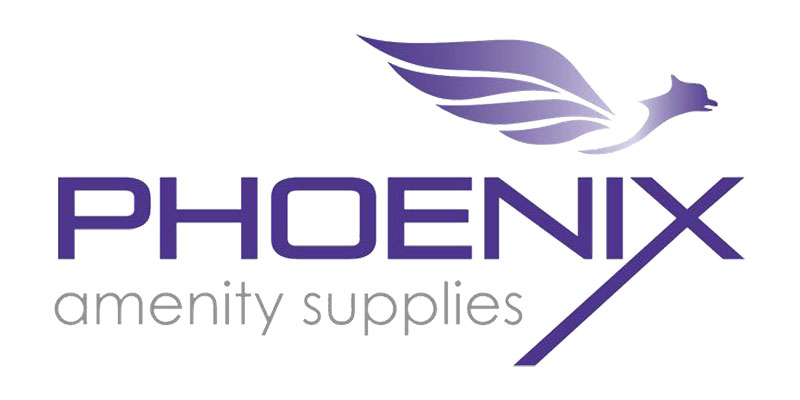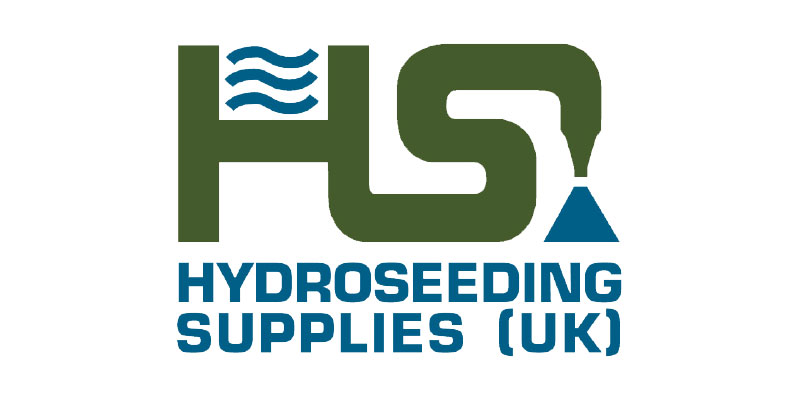The providence of our seeds and plants are of vital importance to us. The methods we use to store, grow and cultivate are designed to meet the highest standards so that out clients can rest assured that the products we have are of the highest quality.
Below is an example of some of the steps we take as part of our Biosecurity policy. That along with our code and practice are available to download in PDF form from the links below.
https://grassandflower.co.uk/wp-content/uploads/sites/2/2022/01/BF-Biosecurity-Policy-A4-2pp-r2.pdf
https://grassandflower.co.uk/wp-content/uploads/2022/02/BF-Code-of-Practice-A4-2pp.pdf
GENERAL
Pests and diseases can be spread by numerous methods and our biosecurity policy must provide a detailed approach to preventing, identifying and controlling these. This document outlines the policies and procedures which control the ingress, spread and egress of pests and diseases on the nursery.
IMPORTED PLANTS
We do not import plants of any type into the UK. Plants are bought in from other UK nurseries. The source nurseries must assure their biosecurity measures to our satisfaction and only provide UK grown stock. All plants are thoroughly inspected upon arrival using a check sheet to ensure no harmful pathogens or invasive species are present.
PLANT HUSBANDRY REGIME
Nursery management are trained in the identification of pest and disease and follow procedures to report them and control them. Weeds and sick plants can harbor pests and diseases so are removed when identified. Crops are rotated to ensure that pests and diseases cannot build up in specific areas over time. Irrigation pattern is essential for plants susceptible to Phytophthoras and other water-borne diseases. Plants are irrigated well and infrequently to allow long periods when the foliage can be dry between periods of irrigation which can break the growing cycle and build-up of the disease.





